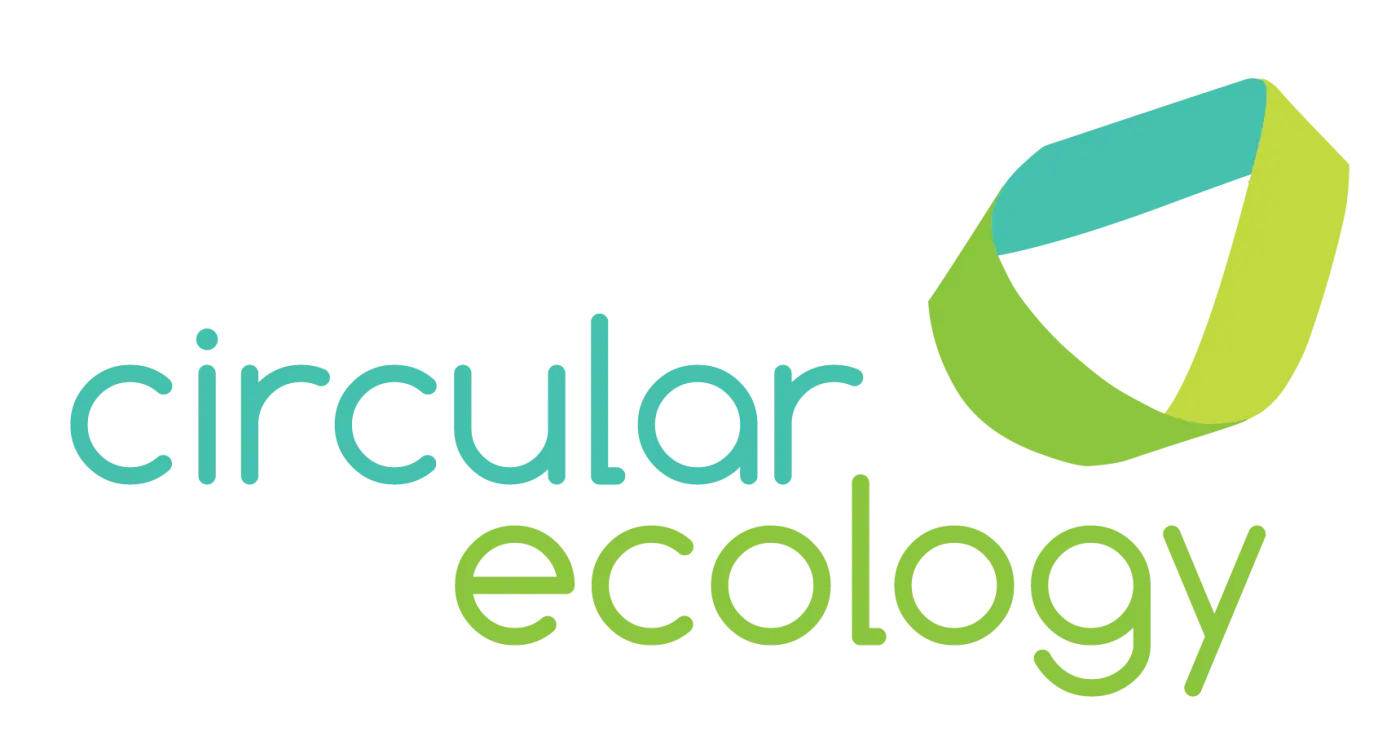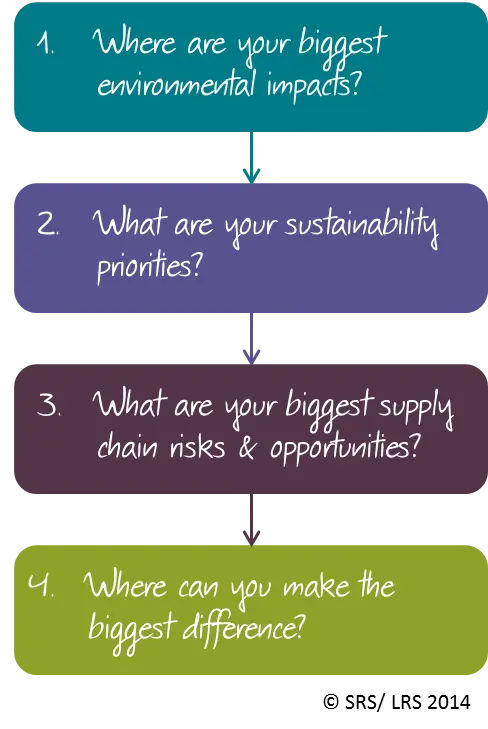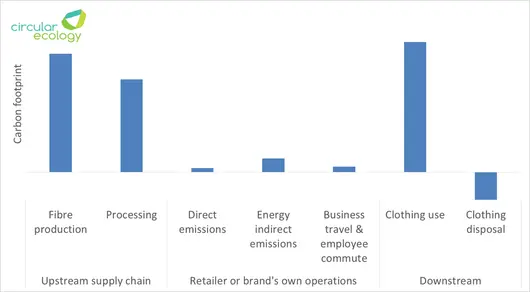Blog, Carbon Footprint, News
Sustainable Clothing Supply Chains: A Coherent Strategy is Essential
Blog by Dr Stephen Allen, Circular Ecology and Elanor Swan, LRS Consultancy
We recently spent a fascinating morning at the RSA with a group of business leaders from the clothing industry talking about creating sustainable clothing supply chains. Our discussions showed that, whilst the industry is taking action to become more sustainable, levels of progress vary significantly and there is a recognition that much more needs to be done.
However, ‘doing much more’ is easier said than done. Sustainability practitioners in clothing retailers and brands face pressure from a wide range of stakeholders across complex supply chains and are pulled in a variety of directions as they try to respond to their sustainability challenges.
To date, social considerations have rightly received a lot of attention, however environmental considerations are becoming increasingly prevalent. Ensuring that your sustainability strategy balances environmental and social considerations and focuses limited resources effectively is, therefore, essential.
Our work with companies in the clothing sector and beyond suggests that answering four key questions can help companies to understand and start to address environmental challenges across their extended supply chains.
1. Where are your biggest environmental impacts?
Such a simplified analysis is often all that is needed to make an effective start. If necessary, this can be supplemented by more detailed work in specific areas, for instance, to support decisions about fibre selection and process improvements, and to measure and publicly communicate results of specific initiatives.
2. What are your sustainability priorities?
If your organisation already has clearly stated sustainability priorities, you should review these against your environmental impact assessment to confirm that you are focusing on the right things, and adjust if not. If you are in the process of developing sustainability priorities, then an environmental impact assessment will help to inform this process and ensure that you are focusing on the right things at the right points in your supply chain.
3. What are your biggest supply chain risks and opportunities?
Understanding environmental risks and opportunities is key to developing a resilient and effective supply chain and to delivering strategic priorities. There are many ways to do this – the most important approach is to select tools and methods appropriate to your organisation and its sustainability objectives and to initially focus on areas where you can make the most difference. This might involve using a 2×2, or even 3×3 matrix, to map the likelihood and business impact of risks and opportunities, accompanied by some means of prioritising and scoring these.
4. Where can you make the biggest difference?
Once you have worked out where you are, where you want to be and what you should be focusing on, you need to work out where and how you can make the biggest difference. This includes what you can change right now and where do you need to work with supply chain partners to encourage change.
In order to make the most of each initiative you undertake, it’s important to create a coherent narrative, both internally and externally. We work with organisations that are doing a range of great things, but these are often the result of a reaction to the highest profile issues of the day rather than part of a well-structured and proactive approach to sustainability. As a result, the synergies between initiatives and their combined value can be overlooked. This represents a missed opportunity to build the internal business case for further sustainability improvements and create a compelling story for your stakeholders.
The response to climate change and other environmental challenges requires sweeping changes across the entire clothing supply chain – a daunting prospect for many! However, there is widespread recognition across the industry that doing nothing is no longer an option and that small, focussed steps from an informed starting point are preferable to a scattergun approach that fails to identify, prioritise and effectively address the main sustainability challenges.
Circular Ecology and LRS Consultancy are working with the School of Design at the University of Leeds, SRS Sustainable Business and Wellington Green as part of a consortium that supports the UK clothing sector. If you would like to discuss our work please get in touch.


